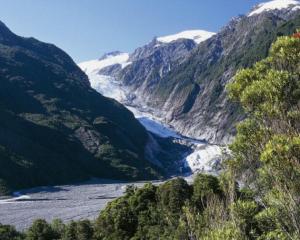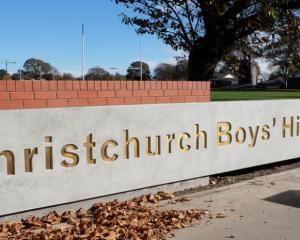A 1642 attack on Dutch explorer Abel Tasman's crew by Maori in Golden Bay may have been sparked by concern for food supplies, new research shows.
University of Otago archaeologist Ian Barber said an examination of archaeological materials and survey evidence from the area showed Tasman's two ships had anchored near a rich and important area for food and gardening.
"The incident took place in the middle of the seasonal kumara growing season, which runs between October and April," Dr Barber said.
"The Dutch ships made a beeline for what was essentially the food basket of Golden Bay before they were attacked.
"After the Dutch anchored and sent two small boats inshore to explore the coastline, local people may well have seen Tasman and his potentially hungry crew as a threat to their food resources.
"People would have been concerned for the impact of these visitors on their crops. Food, and the storage of food, was associated with community well-being as well as chiefly mana, power and politics. Everyone in the community had a vested interest in this."
The historical record gave no reasons for the surprise attack as the ships lay at anchor in the Bay, and Tasman recorded no act of provocation.
"It is simply not sufficient to say that local Maori just didn't like strangers. It doesn't pass muster," Dr Barber said.
He thought an examination of the archaeological context and record might improve understanding of early violence in other New Zealand and Pacific encounters.












